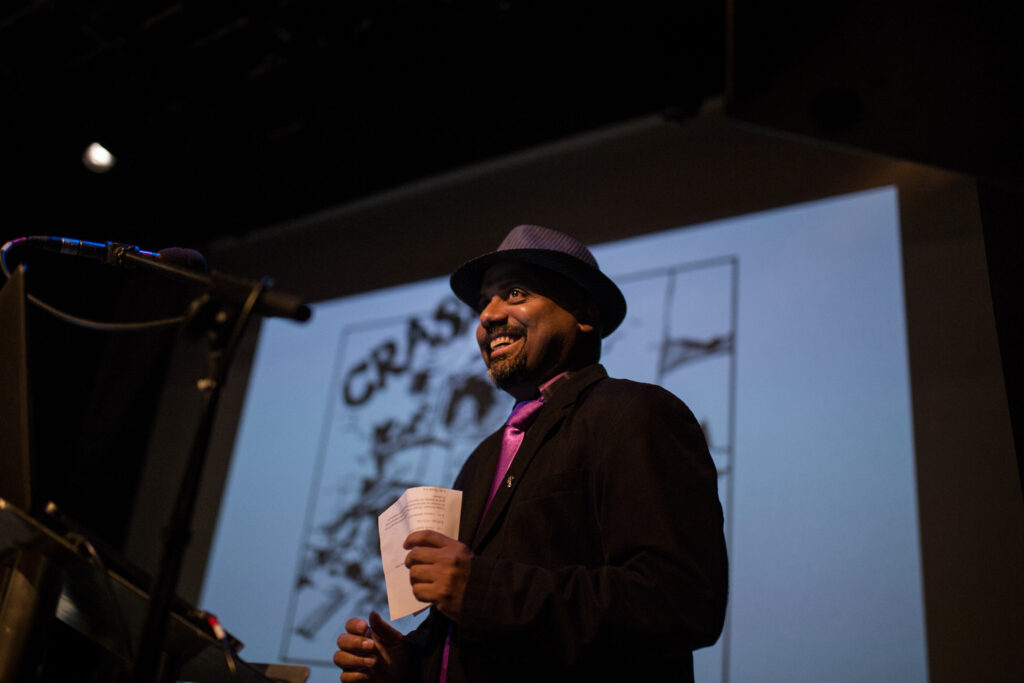
This week Bosco Santimano founder and executive director of social enterprise You Can Cook, shares his thoughts on global warming and the opportunity we have right here in Scotland as the host nation of the upcoming COP26 global climate event in Glasgow.
It’s been over a year now since the pandemic struck all humanity no matter where you lived in the world, rich or poor. We are now facing a double whammy from mother nature vis-à-vis Covid and climate catastrophes all across the planet. Scotland is to hold the next United Nations Climate Change Conference later this year. For nearly three decades the UN has been bringing together almost every country on earth for global climate summits – called COPs – which stands for ‘Conference of the Parties’. During this time climate change has gone from being a fringe issue to a global priority. This year will be the 26th annual summit – giving it the name COP26. So, what can we look forward to with COP26? Leaders of more than 190 countries will be attending the Scottish event and we are hoping that our First Minister Nicola Sturgeon will seize the opportunity to highlight Scotland’s pioneering role and contribution in renewable energy across these four nations.
Before COP26, many countries from around the world were signatories to what came to be known as the Paris agreement. This was COP21 and took place in Paris in 2015. The Paris Agreement’s central aim was to strengthen the global response to the threat of climate change by keeping a global temperature rise this century well below 2 degrees Celsius above pre-industrial levels and to pursue efforts to limit the temperature increase even further to 1.5 degrees Celsius. Under the Paris Agreement, countries committed to bring forward national plans setting out how much they would reduce their emissions – known as Nationally Determined Contributions, or ‘NDCs’. They agreed that every five years they would come back with an updated plan that would reflect their highest possible ambition at that time.
What have we done collectively since this historic signing of the Paris Agreement? Rich and powerful countries like the US, had left the treaty in 2020 under the Trump administration but have formally re-joined this year under current President Biden. Iran, Iraq and Libya – all among the 14-member Organisation of Petroleum Exporting Countries (Opec) – as well as Yemen and Eritrea have not ratified the agreement. Some of the pros of the Paris agreement are that it has global support as 197 countries have signed the document and will have the ability to bring all parties together to address the real issue of keeping the earth’s temperature to a rise of 2 degrees Celsius maximum wile aiming for 1.5 Celsius by the end of this century. The temperature increase would decrease water supplies and crop levels. In addition, melting ice would raise sea levels, flooding coastal communities and destroying thousands, if not millions of homes. By committing to reduce greenhouse gases, the Paris agreement is aimed at preventing these ecosystem disruptions.
The cons of the Paris agreement are that its difficult to enforce on a global level and has a massive impact on energy related jobs e.g. Fossil fuels. On top of this you have complex rules that varies from country to country and actually may not go far enough to slow global warming. Thirdly the rich countries are manipulating the process and figures to protect a backlash from their own citizens.
Finally, where does that leave us as citizens of Scotland and what can we do to influence politicians of all ideologies and the big corporations that are driving this profit-making madness to human extinction? Please check out my next column in September for the real reasons behind the apathy from pursuing urgent policies both locally and nationally, the current status-quo’s main benefactors along with possible ideas and solutions to empower citizens of the world to help save our only home!
*Originally written & published in the Peeblesshire News.
